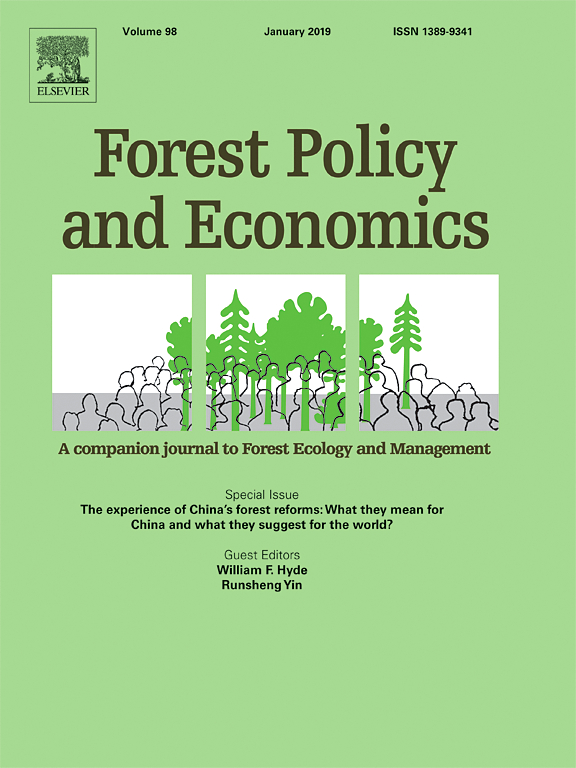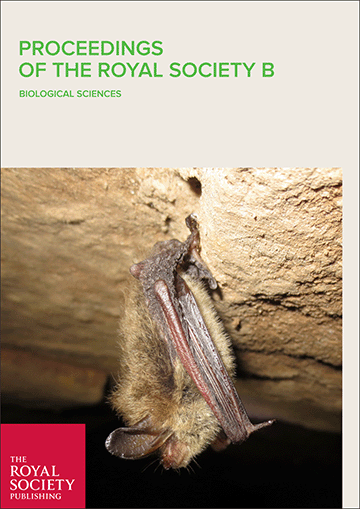Key messages
This study was carried out in the districts of Kakumiro, Kibaale, Masindi, and Lamwo in Uganda. It focused on district-level government officials involved in the implementation of forest tenure reform in Uganda, but people at the national level who were familiar with forestry and land matters were also interviewed. The study highlighted key challenges and opportunities for future improvements. Analysis of responses shows that:- As reforms responded to a need for sustainable forest management and livelihood improvements, activities leant towards forest protection, rather than strengthening and securing community forest tenure rights.
- Progress in tenure reform implementation has been below implementers' expectations, largely due to inadequate funding, onerous processes of registration, declaration and management of Private Natural Forests and Community Forests, or in the case of Collaborative Forest Management, negotiation of rights with Responsible Bodies.
- The main economic, social and political challenges that government officials face in implementing reforms were budgetary limitations, as well as some realities that can also affect rates of change, namely poverty levels in forest-adjacent communities, migration and socio-cultural norms. Research respondents also noted that often, politicians impeded rather than supported reform implementation processes. Some of them derived political capital out of exerting pressure on technical staff to engage in, as well as protect, illegal activities.
- The study revealed a number of technical problems that constrained the implementation of forest tenure reforms. These included the tedious processes involved in getting the rights formalized, community inability to protect and safeguard forest tenure rights, and the entrenched issue of inadequate benefits accruing to communities involved in forest management activities.
- There was no agreement among the respondents about who is responsible for safeguarding community forest tenure rights. Development partners and civil society organizations (CSOs) also undertake activities to support the securing of local tenure rights, such as capacity building, resource mobilization, awareness raising and conflict resolution. However, such support is often short-lived and localized. Although government and CSOs are both involved in reform implementation, there is limited formal coordination between them.
Download:
DOI:
https://doi.org/10.17528/cifor/006643Altmetric score:
Dimensions Citation Count:
Publication year
2020
Authors
Nsita, S.A.; Nakangu, B.; Banana, A.Y.; Mshale, B.; Mwangi, E.; Ojwang, D.
Language
English
Keywords
tenure systems, community forestry
Geographic
Uganda
























